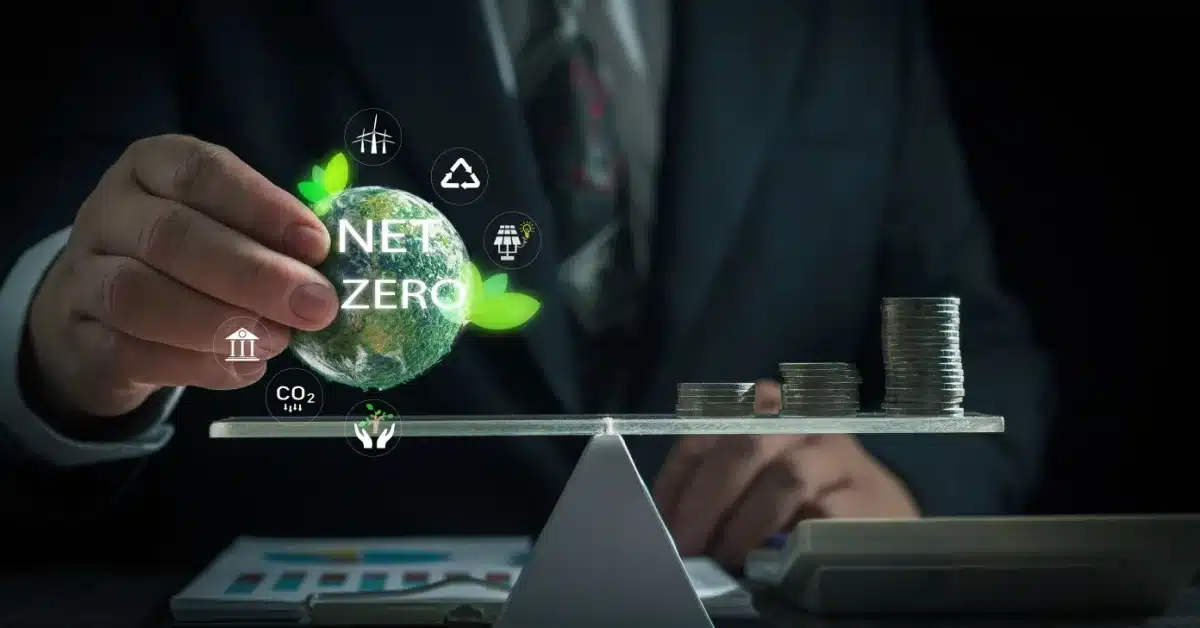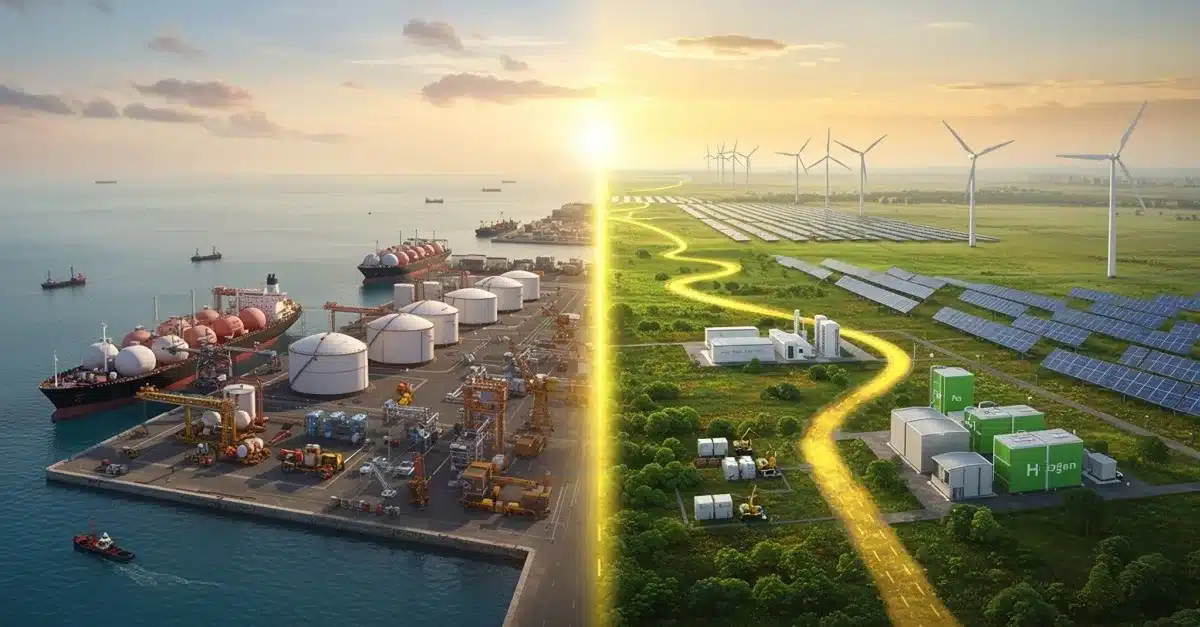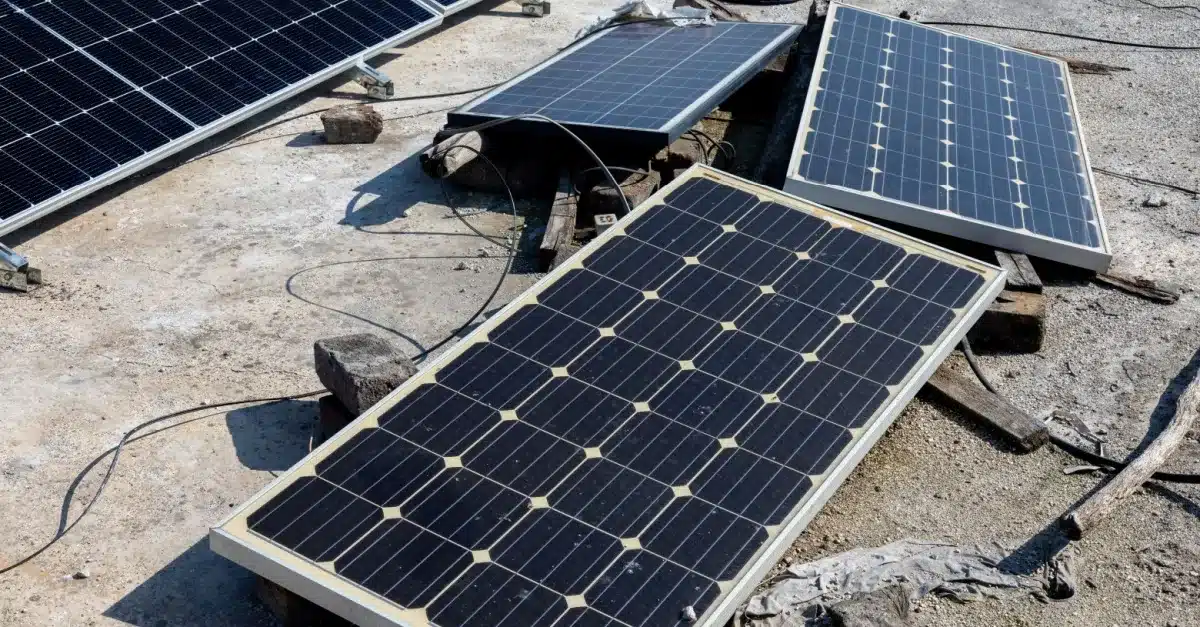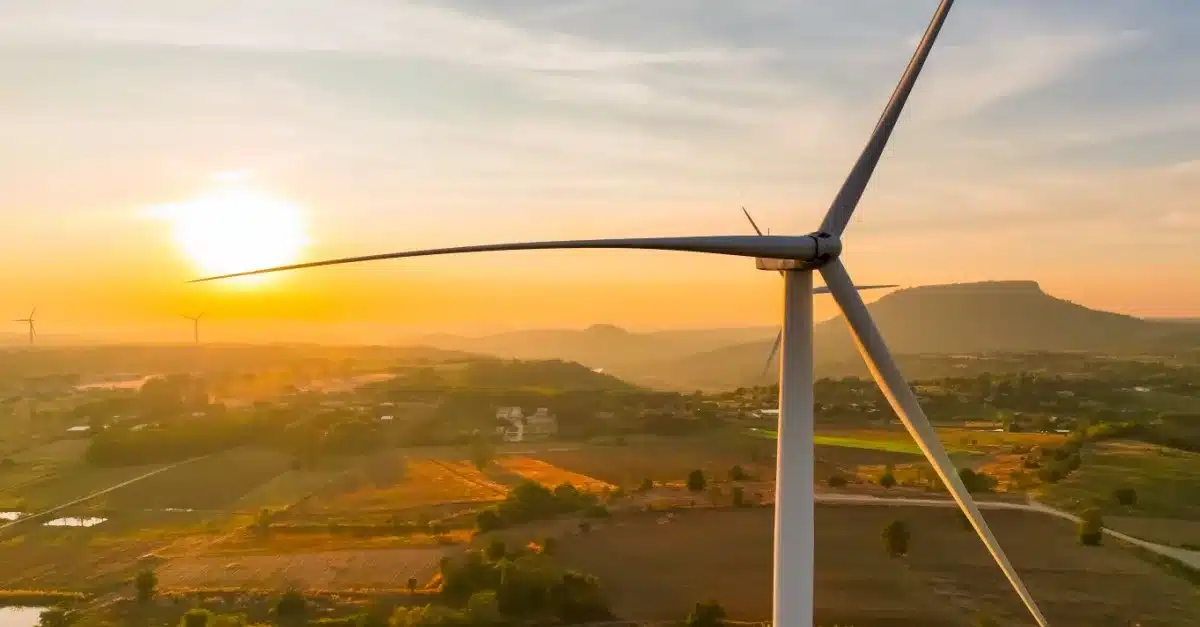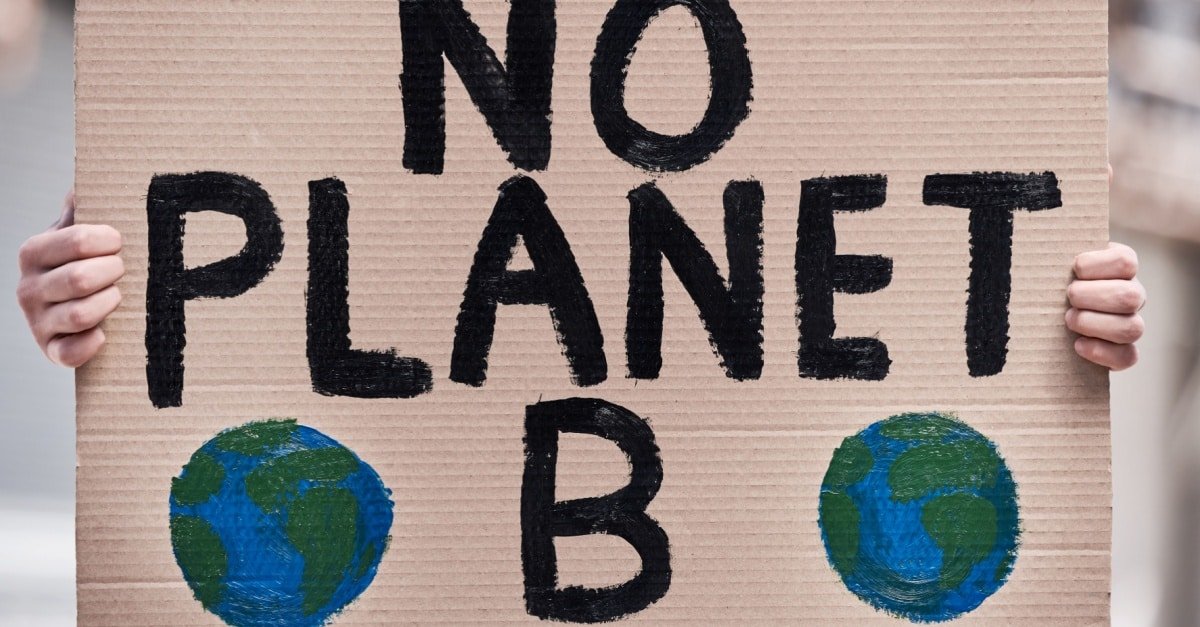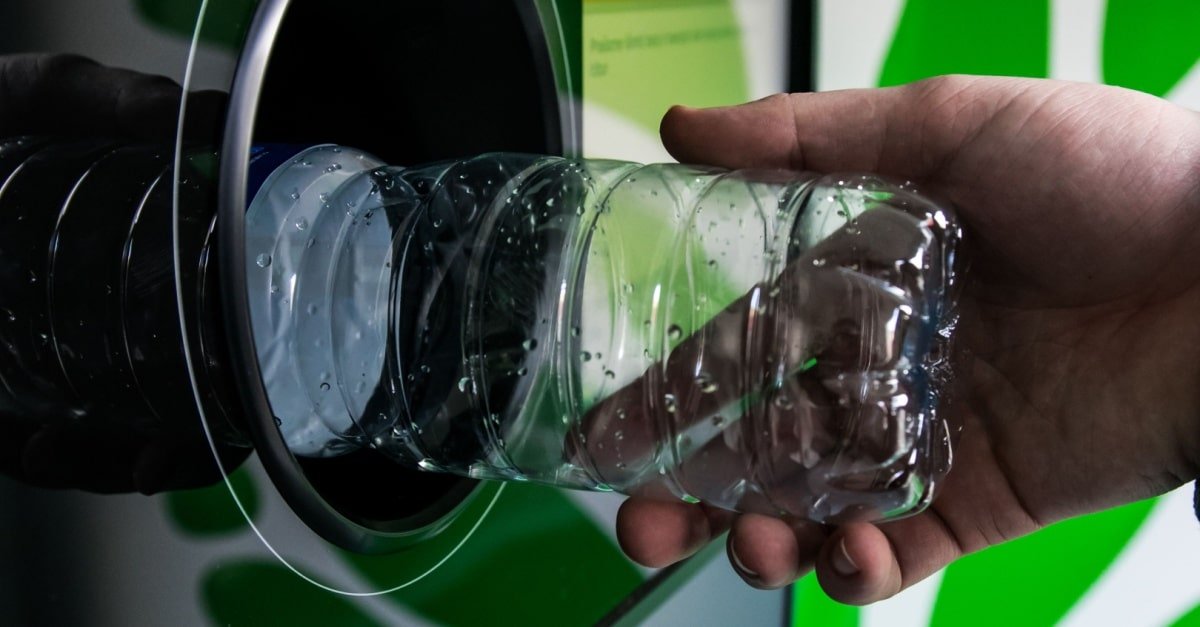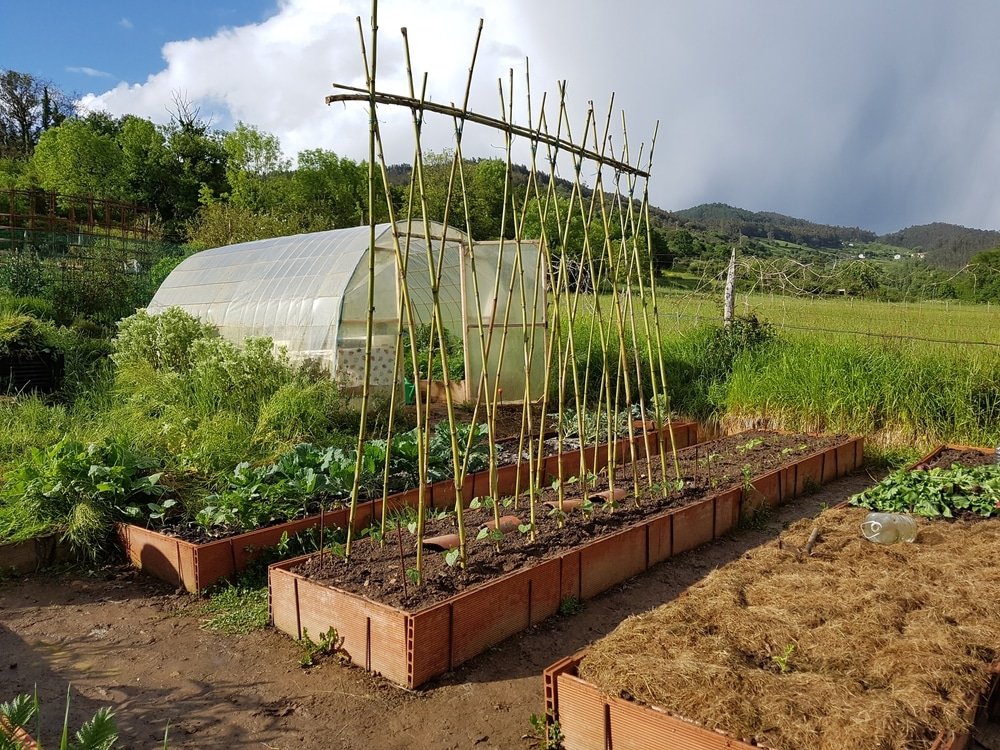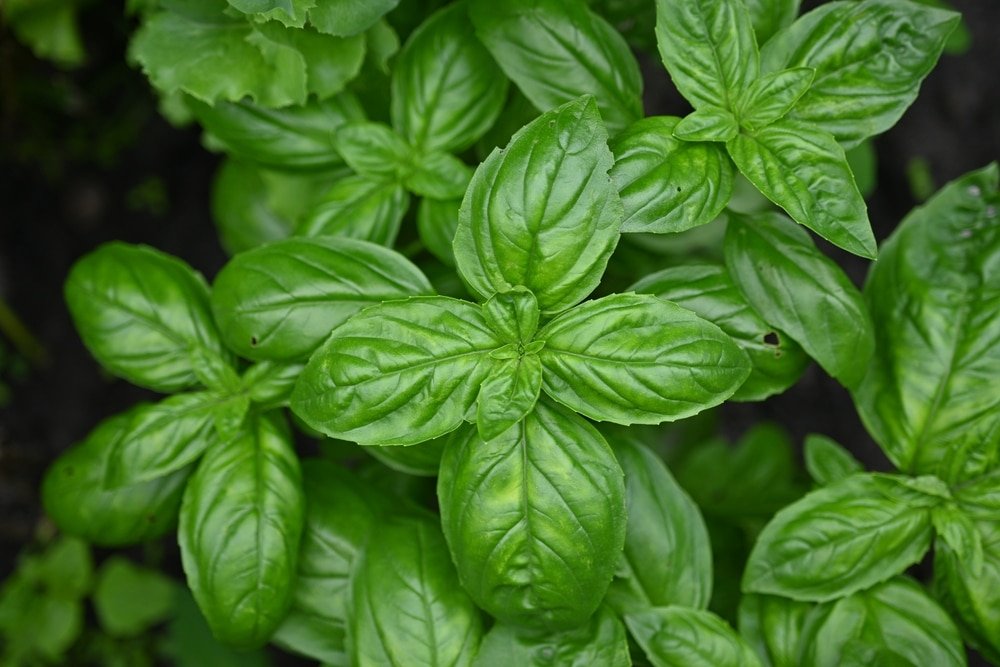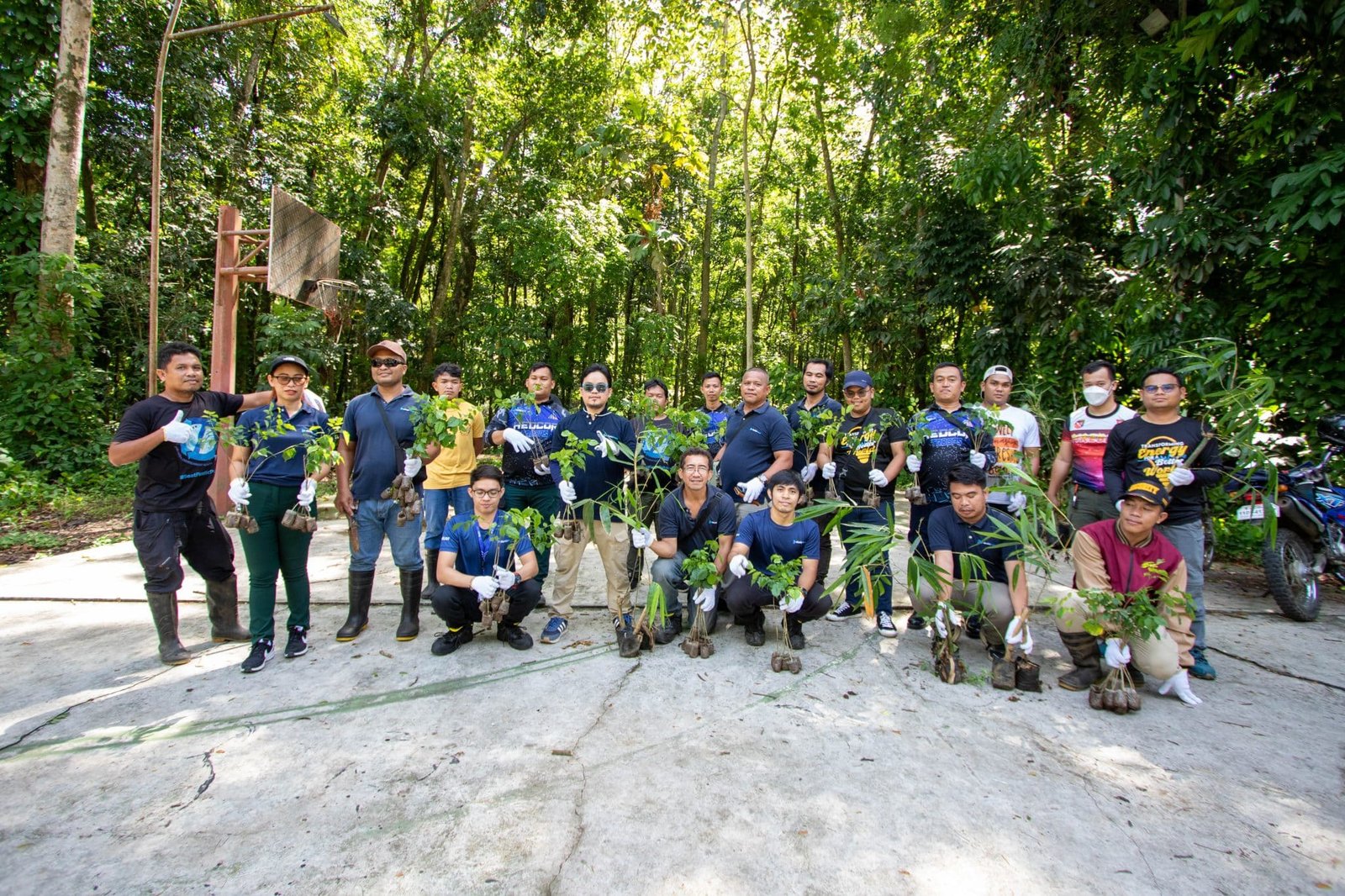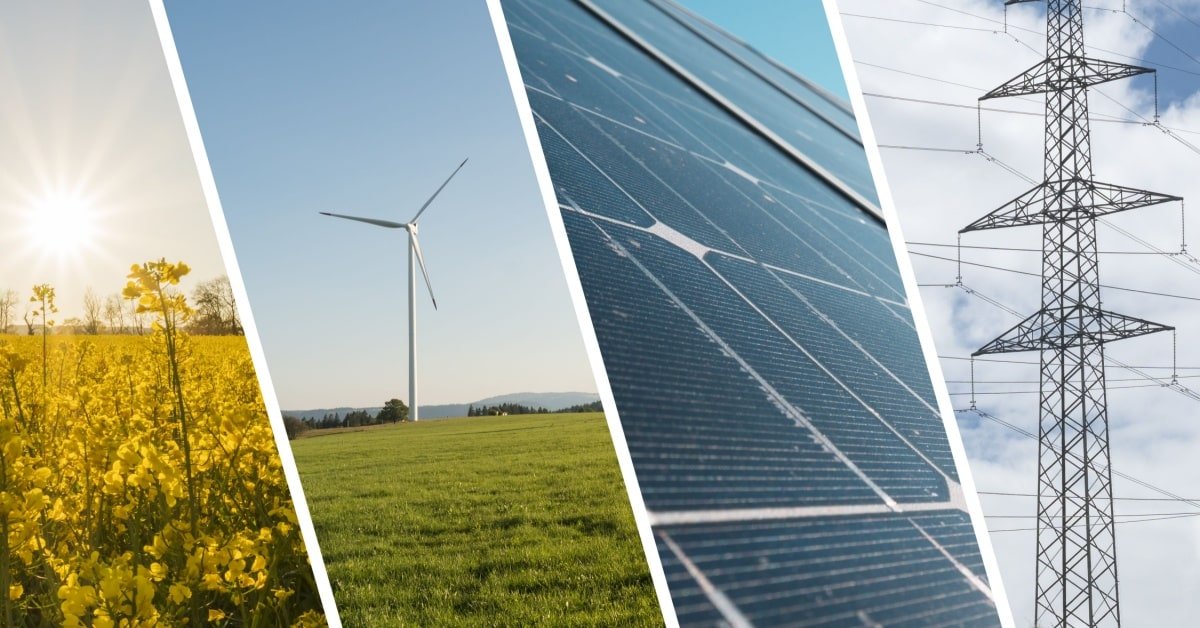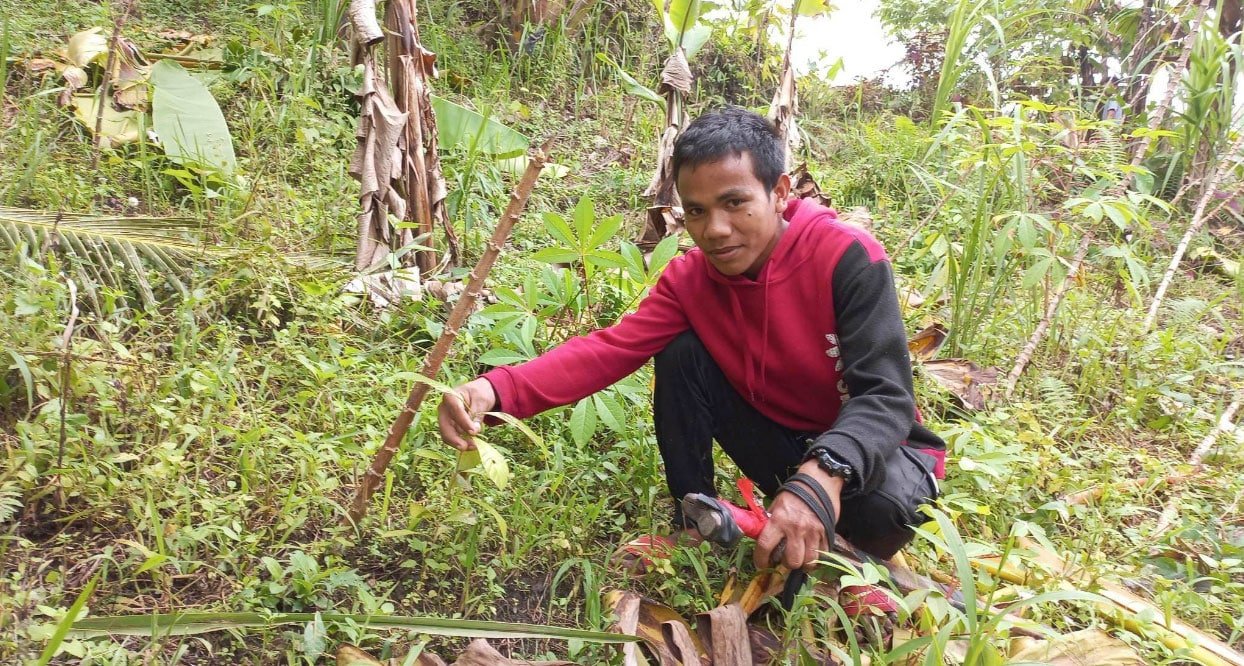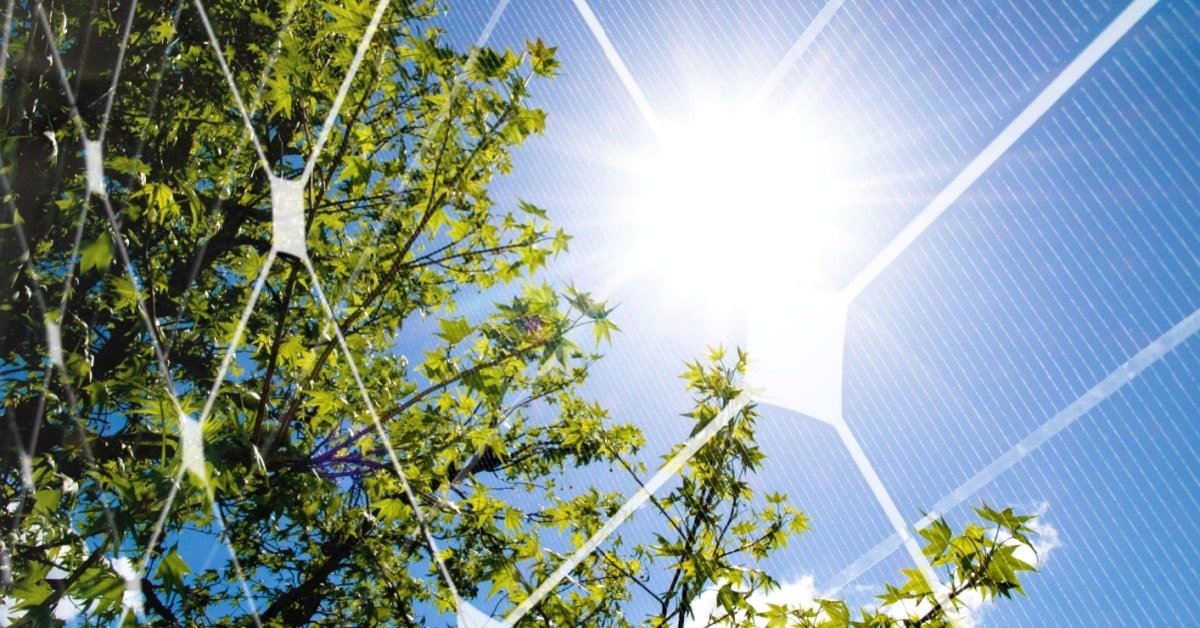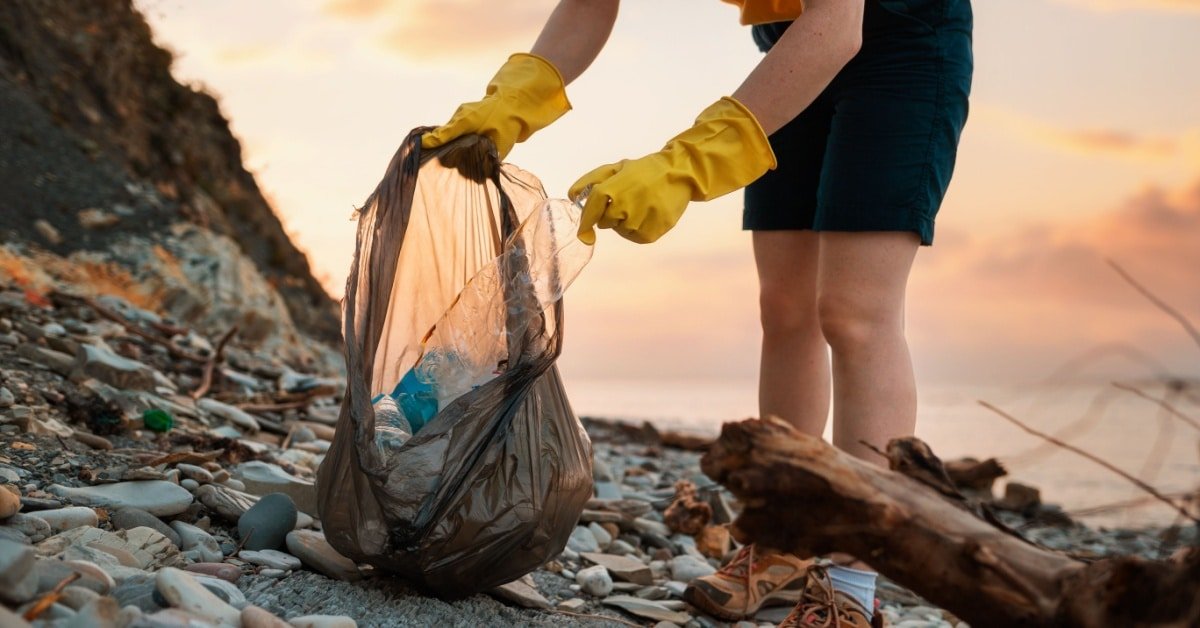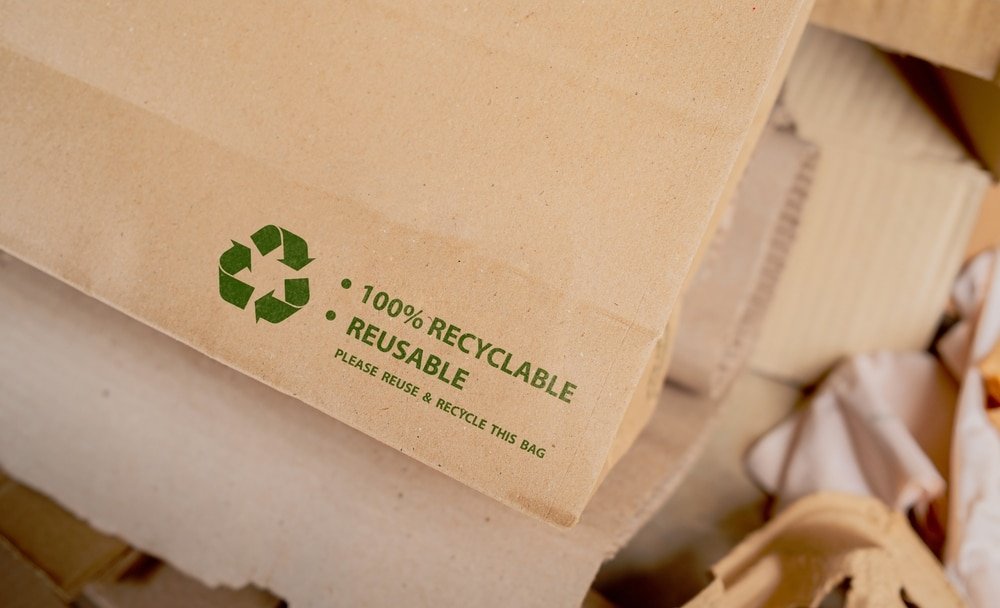
Since we were kids, we’ve always been told to recycle. But how important really is it? How big of a difference does it even make? How are we making the world a better place just by putting a plastic food container inside a recycle bin instead of the trash, which will end up in a landfill somewhere?
Recycling, like many endeavors, makes a huge difference in the world when done by multitudes. One food container from one person may be as small as a drop in the bucket, but if millions of other people did the same to millions of other food containers, then we can make buckets of difference in this world.
What Is Recycling?
As the saying goes: one man’s trash is another man’s treasure. When we repurpose something that we would otherwise throw away, we are effectively recycling.
This can be done on a personal level, which can be as simple as using a tote bag that came with your food takeout as a grocery bag. It can also be done on a large scale, by companies or entire communities.
The Benefits Of Recycling
1. Environmental Conservation
When you make products using recycled materials, you eliminate the need to use new raw materials. This means that you won’t need to consume more natural resources to extract, refine, and process into products.
After all, why do we need to use up more of our plants, trees, and minerals when we may already have all we need from the stuff we all have lying around and are no longer using?
2. Reduction of Carbon Emissions
Many of the world’s garbage end up in landfills, waiting to be incinerated. Burning trash causes pollution that is harmful to our health and to our atmosphere. Worst of all it emits carbon, which is what we are trying to limit these days in response to climate change. Instead of having to burn all our waste, we can recycle some of it into things that we can still use every day.
3. Energy Savings
Incinerating trash requires a lot of electricity and so does the extraction, refining, and processing of raw materials. In contrast, making products from recycled materials requires less energy. Recycling aluminum, for instance, saves about 95% of the energy needed to make new aluminum. Paper production using pulped recycled paper requires 40% less energy than one that uses virgin wood fibers as raw materials.
According to the Individual Waste Reduction Model (iWARM) developed by the US Environmental Protection Agency, even the smallest recycling activities can lead to significant energy savings. For example, the energy saved by recycling just 10 2-liter plastic bottles is enough to power an average room air conditioner for more than two hours.
4. Better Waste Management
Recycling discarded objects means they don’t have to add to the already full landfills around the country. Just in Davao, alone, waste output has increased by 700 to 800 tons in 2024. More widespread adoption of recycling practices can contribute greatly in solving our waste management problems.
5. Encourages Community Engagement
Recycling programs can foster community involvement and awareness about environmental issues. This can lead to a bandwagon effect, where residents and stakeholders can build new habits that benefit the entire community.
A great example of this is the recycling program in Davao City that recycles plastic and glass bottles, along with other disposables, into hollow blocks called “eco-bricks.” Around 350 volunteers led by local NGO Bantay Dagat Volunteers Association take to the coasts of Davao every week and collect PETs and other reusable garbage. These are all brought to a recycling facility in Daliao, Toril, where they are converted to eco-bricks.
This is just one among many recycling and other environmental initiatives in Mindanao. All it takes is for one person or one group to ignite a spark and inspire a community, whether it’s a neighborhood association, a barangay, or an entire city. Are you willing to be that spark for your community?

